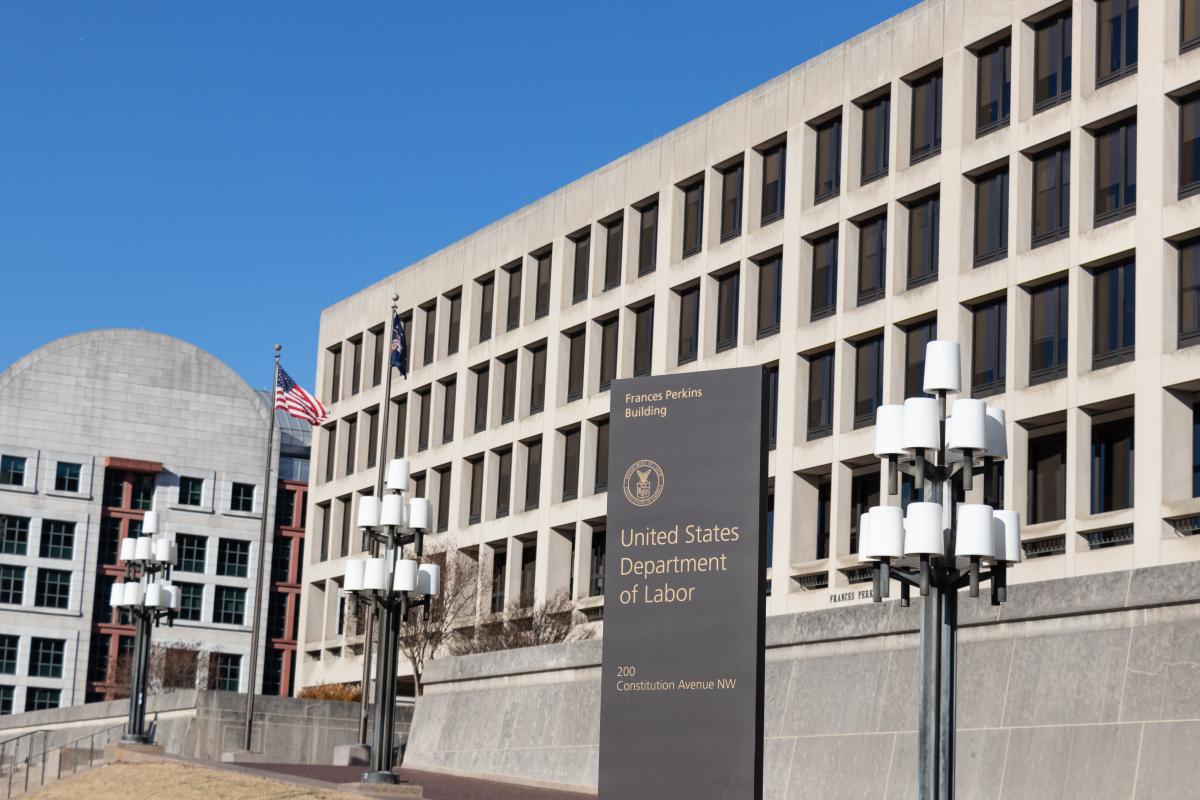The mission of the American Retirement Association—since it was founded in 1966—is to expand and strengthen the employer-based retirement plan system so that working Americans have the opportunity to achieve a comfortable retirement.
Consistent with this mission, the organization embraced the enactment of ERISA in 1974 because it included a principles-based fiduciary standard designed to protect the interests of both plan sponsors and participants.
A central component to this protection is that a service provider offering investment advice for a fee to a plan with respect to plan assets must do so consistent with ERISA’s fiduciary standard. The definition of what constitutes “investment advice” under ERISA is thus extremely important.
The regulatory definition of investment advice was first promulgated in 1975. Under the regulation, a service provider is considered to be giving investment advice if the service provider: (1) renders advice to a plan as to the value of securities or other property, or makes recommendations as to the advisability of investing in, purchasing, or selling securities or other property; (2) on a regular basis; (3) pursuant to a mutual understanding; (4) that such advice will be a primary basis for investment decisions; and that (5) the advice will be individualized to the plan.
This is commonly known as the “five-part test.” Needless to say, the retirement plan landscape has changed dramatically since 1975, including the advent of the participant-directed 401(k) plan which has grown to become the predominant employer-based retirement plan.
Expanding access to employer-based retirement plans is another central part of ARA’s mission. It is well established that workplace retirement plan coverage is the critical gateway to enable working Americans to reach their retirement savings goals.
In furtherance of this mission, ARA has spearheaded and supported numerous initiatives to expand retirement plan coverage, including several tax incentives included in SECURE 2.0 to make it easier for small businesses to establish retirement plans for their employees and state-based mandates—now in fourteen states—that require employers above a certain size to adopt a workplace retirement savings program. Over the next five to seven years, it is estimated that hundreds of thousands of new small business retirement savings plans will be created.
Consistent with its mission, ARA for over 20 years has raised concerns that the existing regulatory definition of investment device is ill-suited for advice given to plan sponsors with respect to participant-directed 401(k) retirement plans.
Specifically, we strongly believe the “regular-basis” prong of the “five-part test” should not apply with respect to investment advice given to a plan sponsor regarding investment options offered in a participant-directed retirement plan. Under ERISA, an employer as a plan sponsor is acting in a fiduciary capacity when selecting an investment advisor and/or provider of plan investment options.
Since a plan sponsor is making decisions on behalf of all participants and beneficiaries, it is absolutely essential that such a fiduciary plan sponsor be able to rely on the fact that their investment advisor will be subject to ERISA’s fiduciary standards regardless of whether such advice is given just once or on a “regular basis.”
The need for this change was made more important when the SEC’s Regulation Best Interest was finalized. Although that regulation enhanced individual investor protections it does not apply to institutional advice, including advice to a plan sponsor with respect to plan investments, regardless of the size of the employer or the plan.
Thus, a small business owner, likely to be an unsophisticated investor, could be left without any regulatory protections for the owner and plan participants when “sold” a plan and the “regular basis” prong of the current five-part test has not been met.
Policymakers at both the federal and state levels have enacted numerous provisions intended to expand retirement plan coverage, particularly among smaller businesses. Whether in response to a state requirement or looking to take advantage of the tax incentives in SECURE2.0, small business owners establishing a retirement plan for employees for the first time should never be left without any regulatory protections when getting advice with respect to plan investment options.
To be clear this should not mean that proprietary investments or commissions or similar-based compensation models should be restricted when retirement plans are offered to small businesses or any other plan sponsor for that matter.
Rather, such investments and fee or compensation structures should be addressed as provided under current statutory or class exemptions that apply today when the advice is part of an ongoing relationship and is already subject to ERISA’s fiduciary standards. ARA as a matter of policy is and always will be business model neutral with respect to the retirement plan marketplace.
Further, we recognize that there are an enormous number of details contained in this proposal. There will no doubt be practical issues that arise, and we certainly expect that we will have concerns with some of the new requirements. ARA will be actively engaged, including meeting with DOL and what we expect will be extensive written comments.
As stated earlier, ARA’s mission is to expand and strengthen the employer-based retirement plan system. We support DOL’s proposed retirement security regulation updating the definition of investment advice under ERISA because, as we work toward expanding retirement plan coverage, it will ensure that advice given to plan sponsors with respect to plan investments under any and all circumstances is required to comply with the fiduciary standards of ERISA.

